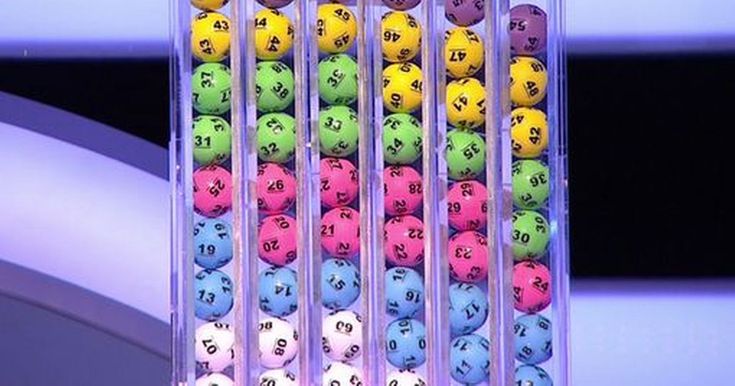The lottery has long been a captivating form of entertainment and hope for millions of people worldwide. While many are familiar with the basics of how lotteries work, the process of the lottery draw is often shrouded in mystery and excitement pengeluaran cambodia. This article explores what a lottery draw entails, the various types of lotteries, the mechanics behind the draw, and the implications of winning.
What Is a Lottery Draw?
A lottery draw is the event where winning numbers are selected from a pool of entries. This process can take various forms, ranging from simple mechanical devices to complex electronic systems. The draw is typically conducted publicly to ensure transparency and fairness, often broadcasted live or recorded for later viewing.
Types of Lottery Draws
There are several types of lotteries, each with its unique draw process:
- Traditional Lotteries: These often involve drawing numbered balls from a rotating drum. Players purchase tickets with numbers, and if their numbers match those drawn, they win prizes. Examples include the Powerball and Mega Millions in the United States.
- Instant Win Games: Also known as scratch-off tickets, these allow players to win instantly by revealing symbols or numbers under a coating. While there isn’t a traditional draw, the concept of chance remains central.
- Raffles: Participants buy tickets, each assigned a number, and winners are drawn randomly. Raffles are often held for charitable purposes, adding a layer of community involvement.
- Online Lotteries: With the rise of technology, many lotteries have moved online, allowing players to purchase tickets and participate in draws digitally. These may use random number generators instead of physical draws.
The Mechanics Behind the Draw
The integrity of a lottery draw is paramount to its legitimacy. Most lottery organizations use certified random number generators (RNGs) or mechanical drawing machines.
- Mechanical Drawing Machines: These machines typically contain numbered balls that are mixed and drawn randomly. The process is designed to be as unbiased as possible, often using air or gravity to ensure a fair draw.
- Random Number Generators (RNGs): For online lotteries, RNGs are employed to generate numbers randomly. These algorithms are rigorously tested to ensure they provide results that are statistically random and unpredictable.
- Security Measures: To maintain the integrity of the draw, many lotteries implement stringent security protocols, including surveillance, audits, and independent oversight. This is crucial in fostering trust among participants.
The Thrill of Winning
Winning a lottery can be a life-changing event. The lure of vast sums of money draws millions to participate, often with dreams of financial freedom, luxury, and adventure. However, the odds of winning are typically quite low. For example, the odds of winning the Powerball jackpot are approximately 1 in 292 million.
Despite these odds, the thrill of the draw can create an exhilarating atmosphere, whether in a physical venue or online. The anticipation builds as numbers are drawn, with participants holding their breath, hoping for a match.
Implications of Winning
Winning a lottery draw brings both joy and challenges. Many winners experience an immediate rush of excitement, but they often face significant life changes. Here are some implications of winning:
- Financial Management: Sudden wealth can lead to poor financial decisions. Many winners seek financial advisors to help manage their newfound wealth responsibly.
- Social Dynamics: Winning can change relationships with family and friends. Some winners find themselves subject to requests for money or feel isolated due to their wealth.
- Psychological Impact: While winning can bring joy, it can also lead to stress and anxiety. The pressure of managing wealth and the expectations that come with it can be overwhelming.
- Charitable Opportunities: Many winners choose to give back to their communities through charitable donations, creating a positive impact in society.
